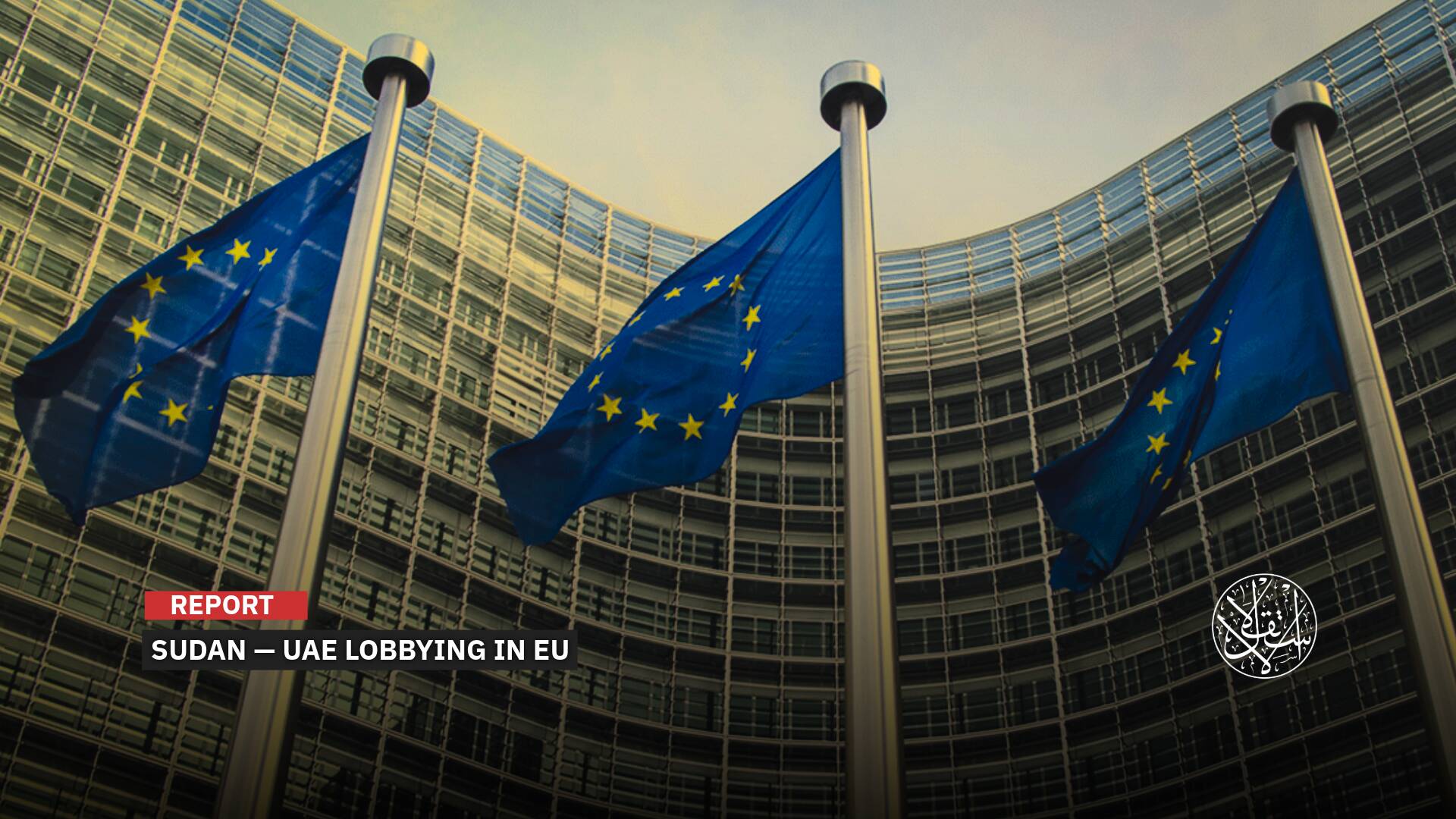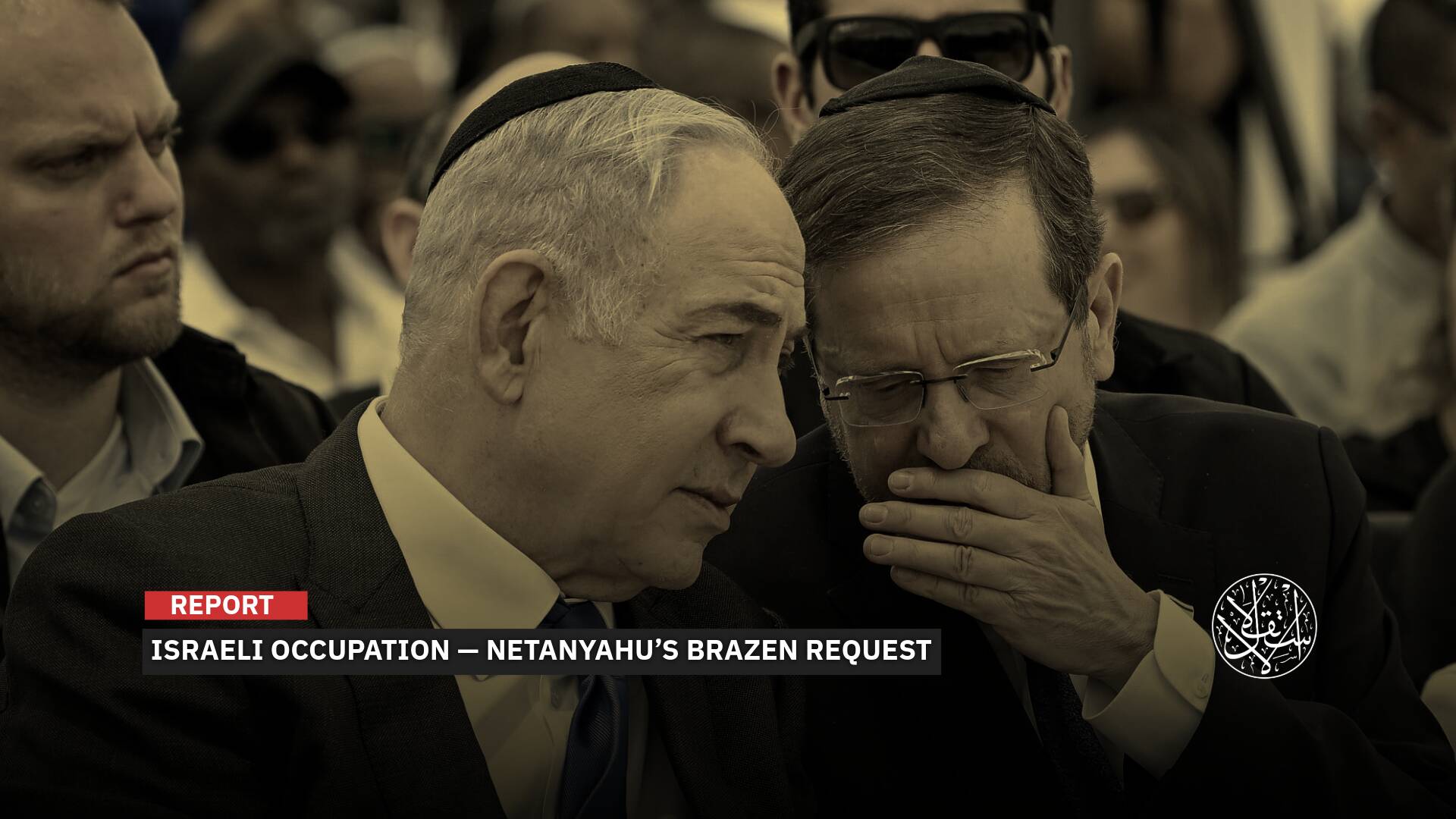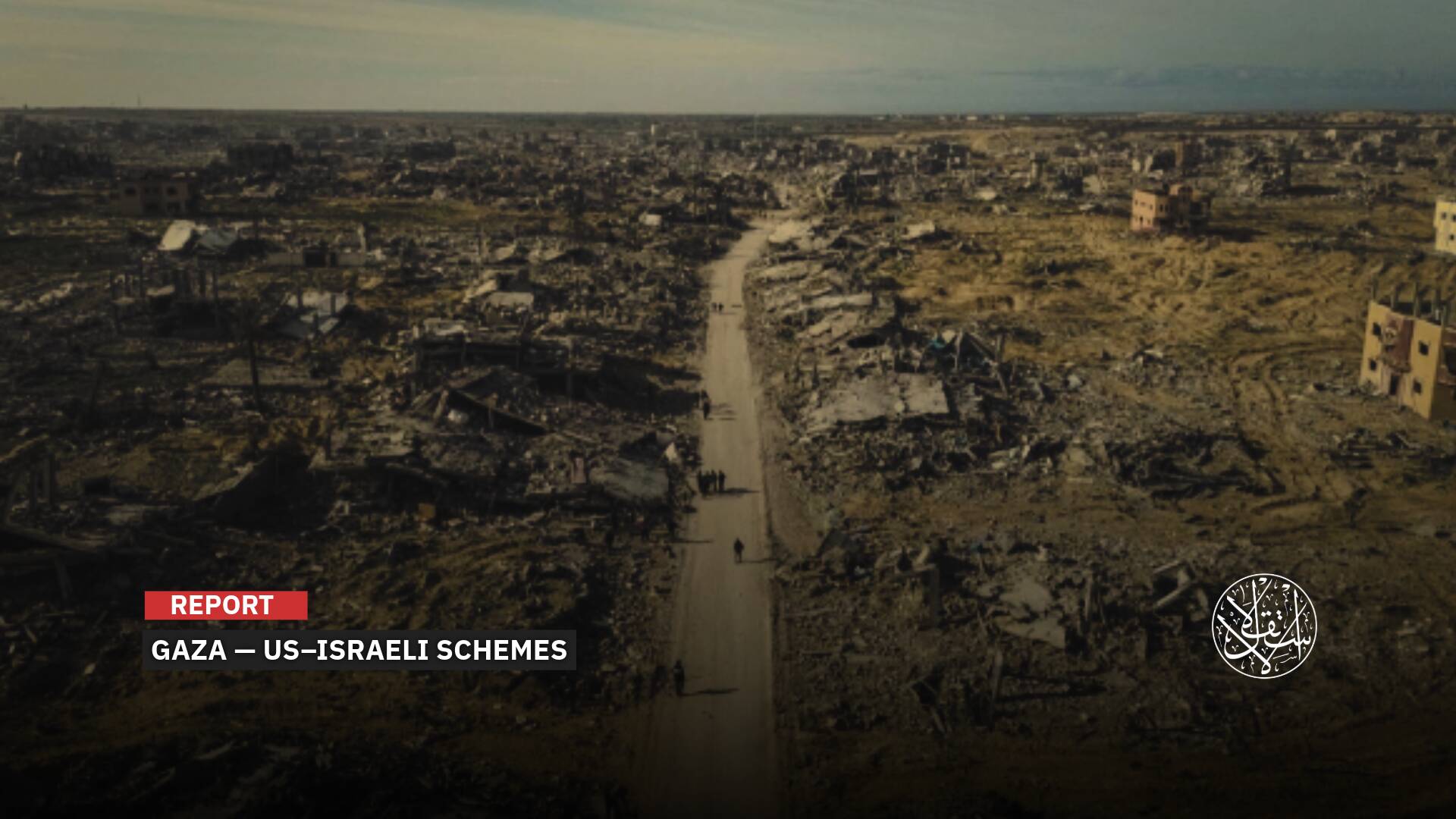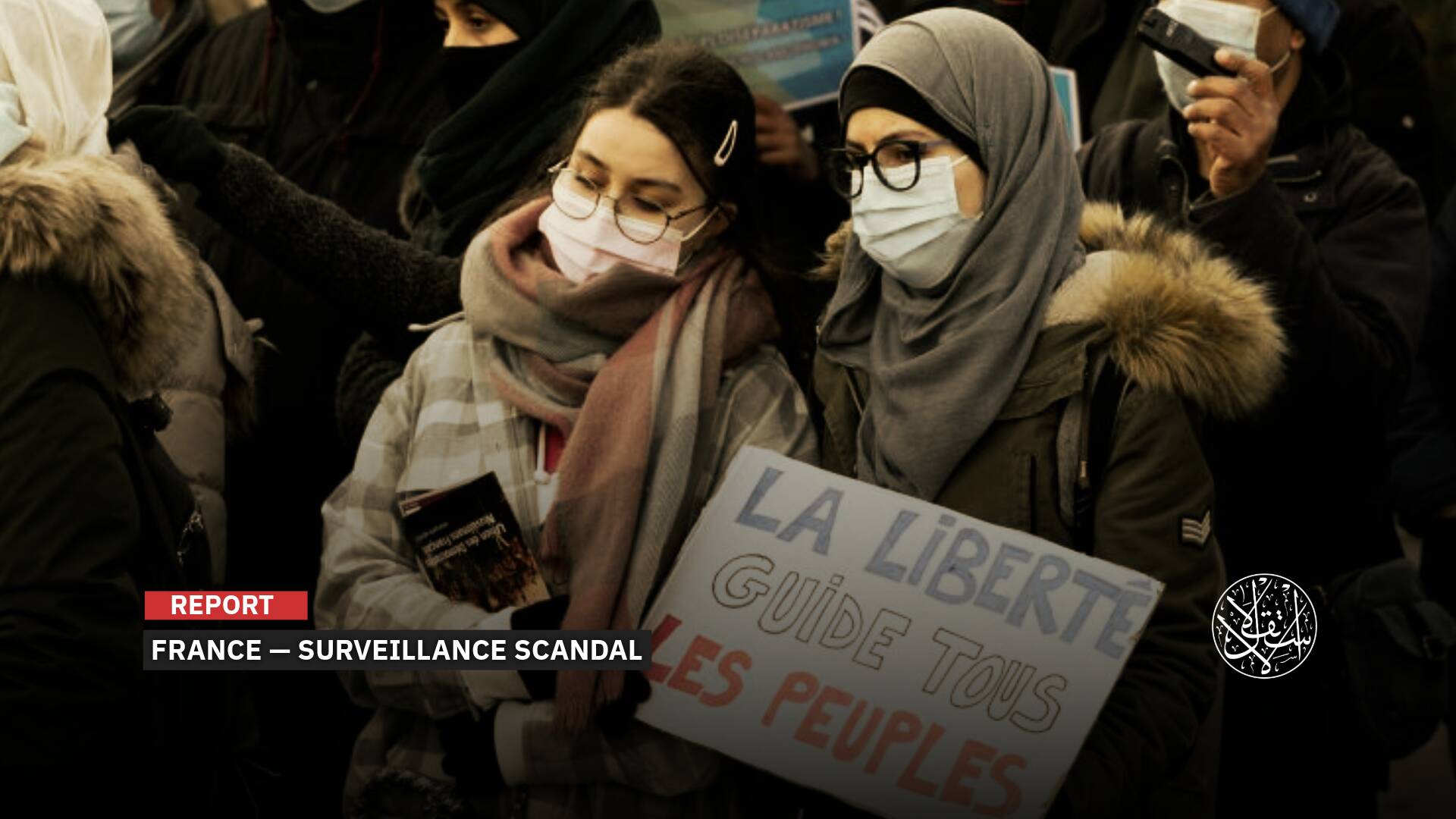Hazem El Beblawi; Head of Massacre's "Bloody" Government conducted by Sisi.

"The largest mass killing of peaceful demonstrators in a single day in the history of the modern world." A humanitarian described the Rabaa massacre, which reveals how Egyptian academic and politician Hazem el-Beblawi became a professional killer, for thousands of Egyptians, or at least ordered to kill.
Former Egyptian Prime Minister Hazem el-Beblawi reclined the wounds when he claimed full responsibility for the massacre of the break-up of the Rabaa al-Adawiya and Nahda sit-ins, in which more than 1,000 people were killed, according to human rights reports issued on that difficult day in Egyptian history.
"I had no other choice," El-Beblawi said in an interview with the Egyptian newspaper Al-Ahram on June 25, 2021, justifying the crime of breaking up the sit-in of supporters of the late Egyptian President Mohamed Morsi in mid-2013.
Al-Beblawi was placed among the masterminds and planners of the Rabaa massacre and is among those targeted for international prosecutions on charges of torture and systematic mass murder.
Al-Beblawi has a long career in Egyptian political life, during which he held many academic and administrative positions, at various times, until he concluded it under the prime ministership in 2013, after the military coup, and participated with military leaders in the killing of a large number of civilian opponents.
Al-Beblawi's Journey
Hazem Abdel Aziz Al-Beblawi, born on October 17, 1937, studied law at Cairo University, graduated in 1957, then obtained a postgraduate diploma in political economics from the same university, and continued until he obtained a postgraduate diploma in public law.
He left Cairo and traveled to France to complete his education, where he attended the University of Grenoble, France, where he obtained a postgraduate diploma, which qualified him to join the University of Pantheon Sorbonne in 1964, to hold a Doctorate in Economics.
In 1965, Al-Beblawi returned to Egypt, began his career as a lecturer at Alexandria University and a teacher of economics at several public universities until 1980.
He was seconded as an Egyptian economist in the first Arab Fund for Economic and Social Development.
He served as advisor to the Kuwaiti Minister of Finance and director of the Economic Research Department of the Kuwaiti Ministry of Finance.
He also headed the Economic Unit at the Center for Strategic Studies at the State-run Al-Ahram Foundation and served as a visiting professor in 1979 at the University of California, Los Angeles, Usa.

The Military Man
Following the January 25, 2011 revolution, and Egypt's entry into a difficult transition, which was taken over by the SCAF, the other side of Hazem al-Beblawi emerged, fading the academic profile and emerging as an experienced politician when he became a founding member of the Social Democratic Party.
The military council, led by Field Marshal Tantawi (then), appointed Al-Beblawi as Deputy Prime Minister Essam Sharaf for economic affairs and minister of finance in the same ministry on July 17, 2011, succeeding Minister Samir Radwan.
But four months later, Al-Beblawi resigned in protest against the "Maspero massacre" in which dozens of Copts were killed by SCAF forces.
The defining moment in the career of 85-year-old Egyptian economist Hazem al-Beblawi came with the military coup against the elected regime of the late President Mohamed Morsi and his government on July 3, 2013.
Beblawi was at the forefront of the generals' supporters and participants, who agreed with the coup leader and then Defense Minister Abdel Fattah al-Sisi, overthrowing popular legitimacy, and overthrowing the existing government.
With the constitutional declaration, which served as a map of the rule of the first phase of the coup, led by Chancellor Adly Mansour as interim president, Al-Beblawi was appointed on July 9, 2013, as acting prime minister.

Bloody Face
In the post-military coup, the bloody face of politicians in control of the state's path, particularly Prime Minister Hazem al-Beblawi, emerged.
This emerged on July 31, 2013, with his official mandate, the Interior Minister, to prepare plans to break up the Rabaa al-Adawiya and Ennahda sit-ins in eastern and western Cairo, threatening the lives of tens of thousands of civilians, including women and children.
On July 30, 2013, just days before the sit-in was dispersed, interim President Adly Mansour granted Prime Minister Hazem al-Beblawi broad security powers, authorizing him to have some of the president's terms of reference in the emergency law.
Under this mandate, Al-Beblawi has the right to order security and armed forces and to grant the authority to carry out these orders to officers of the armed forces (judicial control).
At the time, he considered these powers a dangerous harbinger and a prelude to a campaign targeting the sit-in of Supporters of President Morsi, and the beginning of a sea of civilian blood.
August 14, 2013, an indelible day for Egyptians, whose bloody events began with the cabinet headed by Al-Beblawi issuing a decision to break up sit-ins of supporters of President Mohamed Morsi in the fields of Rabaa al-Adawiya and Ennahda, using excessive force.
Al-Beblawi followed up on the dispersal of sit-ins by imposing a curfew in Cairo and several provinces, following protests that erupted after the bloody break-up, resulting in more civilian casualties.
His government also passed the controversial demonstration law on November 24, 2013, which required organizers of any demonstration to notify the police three days before it was due to take off, and allowed security forces to use tear gas, rubber bullets and water cannons to counter any march.
In December 2013, the Beblawi government designated the Muslim Brotherhood, whose Freedom and Justice party ruled Egypt for a year (2012-2013), as a "terrorist organization."
This is after the arrest of most of its leaders, the killing of a large number of its members in the dispersal of sit-ins, and in the extrajudicial killings carried out by the security services during that period.
Pursuing Him Internationally
On August 12, 2014, human rights group Human Rights Watch released its report, "According to Plan. Rabaa massacre and the mass killing of protesters in Egypt," during which the main participants in the dispersal of the sit-in were singled out, and Beblawi was one of the top of that list.
He ranked fourth after Abdel Fattah al-Sisi (the coup leader), Mohamed Ibrahim (interior minister), Adly Mansour (interim president) and Then Beblawi as prime minister, and the main planners of the disengagement process.
"The government ultimately chose to move forward with a violent break-up by force, noting that it would lead to a very high death toll," the rights group said.
"In a meeting with human rights organizations nine days before the break-up, Interior Ministry officials revealed that they expected a death toll of 3,500," It quoted a human rights defender as saying.
"In the days leading up to the break-up, two prominent newspapers cited security sources indicating that the Interior Ministry's plan to break up expects an estimated loss rate of several thousand people in the sit-in."
In June 2020, Egyptian human rights activist Mohamed Sultan filed a lawsuit in America under the U.S. Torture Victims Act accusing Egyptian authorities of torturing him while he was imprisoned there in 2013 and 2014, during which he served as his country's prime minister.
Sultan was forced to renounce his Egyptian citizenship under torture and left for America in 2015.
Although Washington announced on April 7, 2021, that former Egyptian Prime Minister Hazem al-Beblawi's immunity prevents him from appearing before the U.S. judiciary in the torture case, it said it will continue to press Egypt on the human rights file.
U.S. Senate Appropriations Committee Chairman Senator Patrick Leahy commented on the decision, saying he was "disappointed that Beblawi is immune from U.S. judicial proceedings, and in the case he is accused of issuing torture orders against a U.S. citizen."
"The Egyptian government could have waived immunity, but instead chose immunity from punishment for al-Beblawi."








